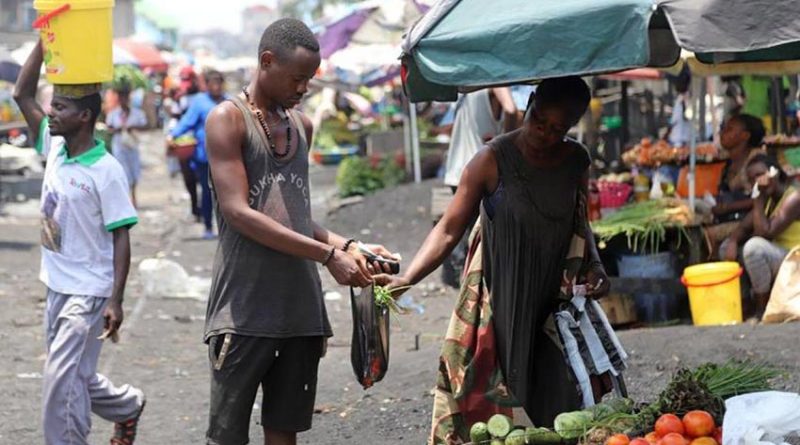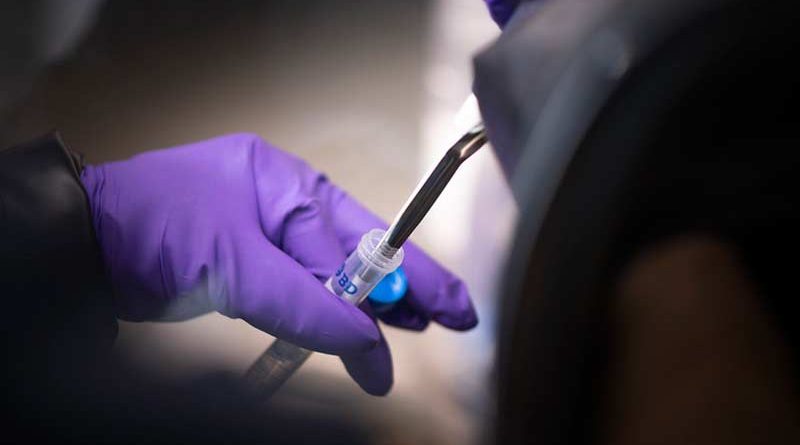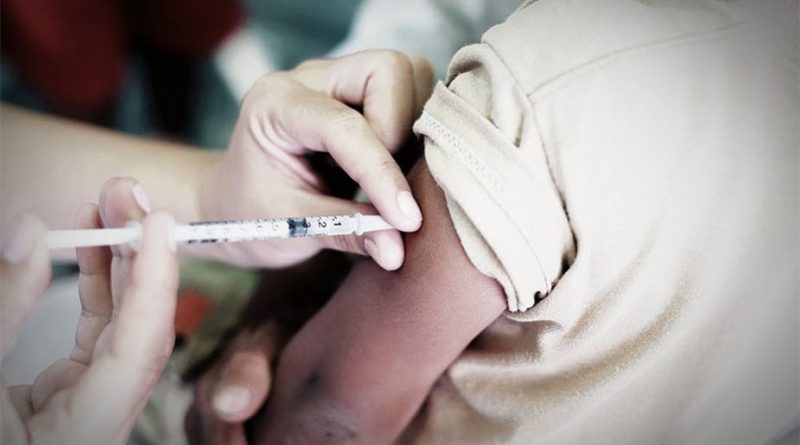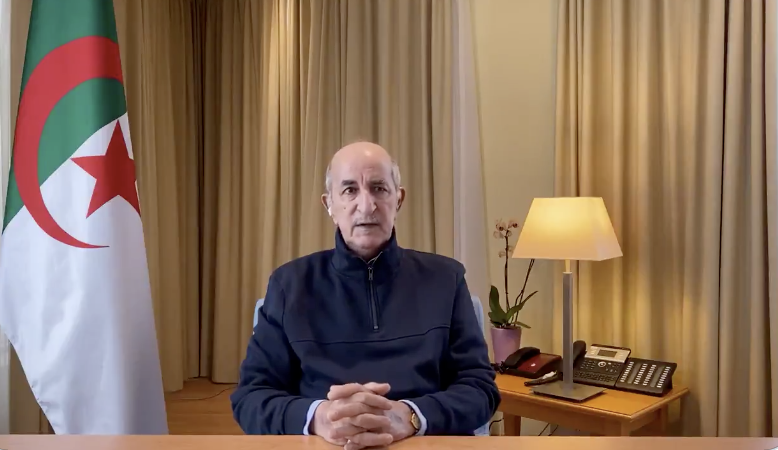The second wave of coronavirus infections is hitting West and Central Africa, and experts are warning it could be worse than the first as cooler weather descends on a region where most countries cannot afford a vaccine.
Nigeria, Niger, Mauritania, Burkina Faso, Mali, Togo and the Democratic Republic of Congo are all at or near record levels of infection, data compiled by Reuters shows. Infections in Senegal are also rising fast.
Compared to the United States and Europe, the region has so far been spared the worst of the pandemic. West and Central African countries are reporting between dozens and a few hundred new daily cases — still, only a fraction of the more than 600,000 cases reported globally each day — although testing rates in Africa are among the lowest in the world.
But as temperatures drop, and governments struggle to enforce months-long restrictions, some experts fear this surge will be worse than the first.
Mali reported a record 155 new cases on Dec. 7, compared to fewer than 20 a month earlier. The health ministry ordered test kits a month ago, anticipating that it would need about 500 a day. They are now getting through five times that.
“We could run out of testing shortly, within 10 days,” said Akory Ag Iknane, director-general of the National Institute of Public Health.
Mali’s government said last week that it would enforce compulsory mask-wearing and strengthen screening at airports.
Many worry it will not be enough.
“Any little advantage the virus can get will help it, whether it’s a drop in temperature or humidity. It can affect the rates of transmission,” said Mohammad Sajadi, associate professor at the Institute of Human Virology at the University of Maryland in the United States.
Many African countries lack the financial clout to secure vaccine purchase agreements with drug companies. Some could wait months if not years for access to vaccines through the World Health Organization’s COVAX programme – unlike richer nations where inoculations are already underway. – Thomson Reuters Foundation.
OXYGEN SHORTAGE
Scientists say a light first wave in West and Central Africa was likely due to multiple factors, including younger populations and a quick response to the outbreak. Governments shut borders early, made face masks mandatory and closed markets.
However, the economic toll was brutal for countries where millions rely on daily cash from informal jobs. Governments were forced to reopen airports. On the street, strict measures slipped.
At the beginning of November, Congo was reporting about 20 new cases a day. On Wednesday it reported a record 345.
In the capital Kinshasa, home to around 12 million people, most do not wear masks in public. The government has imposed new rules, including mandatory mask-wearing, a ban on large groups, and a curfew.
“The hospitals have patients in large numbers exceeding the number of patients we had at the end of the first wave,” said the COVID-19 response chief, Jean-Jacques Muyembe, in a Dec. 5 statement.
Oxygen, key in treating severe cases, is in short supply, he said. One oxygen plant is having problems because of spotty electricity.
In Mauritania, a desert nation abutting North Africa, new cases hit a record 296 on Dec. 15, up from about 20 a day in early November.
The government closed schools until January and imposed a nightly curfew.
But many, including mathematician Toka Diagana, said the problem ran deeper.
“What good is a curfew if we are unable to change our habits: drinking tea from the same glasses, unnecessary gatherings, eating in groups?” he said in a Facebook post.
Source – Thomson Reuters Foundation.
SOUTH Africa has identified a new variant of the coronavirus that is driving the second wave of infections, the health minister has announced, days after Britain said it had also found a new variant of the virus boosting cases.
“We have convened this public briefing today to announce that a variant of the SARS-COV-2 Virus – currently termed 501.V2 Variant – has been identified by our genomics scientists here in South Africa,” Minister of Health Zweli Mkhize tweeted.

“The evidence that has been collated, therefore, strongly suggests that the current second wave we are experiencing is being driven by this new variant,” Mkhize added.
South Africa has recorded the highest number of coronavirus infections in Africa, approaching the 900,000 marks, with over 20,000 related deaths. A resurgence in cases saw the government tighten restrictions on society this week.
The World Health Organization (WHO) said on Friday it was in touch with the South African researchers who identified the new variant.
The global body added there was no indication there were changes in the way the new strain of the virus was behaving.
“We are working with them with our SARS-COV-2 Virus evolution working group. They are growing the virus in the country and they’re working with researchers to determine any changes in the behaviour of the virus itself in terms of transmission,” WHO epidemiologist Maria Van Kerkhove told a news conference in Geneva.
South African health authorities said the new variant seemed to spread faster than the previous iteration, but that it was too early to tell its severity and whether current vaccines would work against it.
“In the UK they have also identified a new variant … there are quite a few similarities between the two lineages … there are also a similar number of mutations,” said Prof Tulio de Oliviera, a member of the government’s genomics consortium in a televised briefing.
Source – Thomson Reuters Foundation.
NIGERIA expects to receive its first doses of a COVID-19 vaccine in January, the country’s health minister has announced, but officials do not yet know which one they will get.
Africa’s most populous nation has not been as hard-hit by the coronavirus pandemic as others on the continent such as South Africa, but it warned last week of the second wave of COVID-19 infections.
Health Minister Osagie Ehanire said that Nigeria has a working group in place to handle vaccines, and is working with the COVAX programme backed by the World Health Organization.
“We have 200 million citizens. We need to have a way to be able to get enough to be able to take care of our citizens.”
Nigeria is in talks with vaccine manufacturers as well as teams in Britain and Russia, Ehanire said, adding that the United Arab Emirates was introducing the country to the makers of a Chinese vaccine that UAE officials had tested.
Nigeria does not at present have many facilities that can store the Pfizer/BioNTech shot, which must be kept at minus 70 Celsius, Ehanire said.
While the Nigerian government is looking into the cost of additional ultra-cold freezers, it would aim to secure a vaccine that not only worked well but had a “good cost of storage and cost of delivery”, he added.
Nigeria had 74,132 confirmed cases of COVID-19 and 1,200 deaths as of Wednesday.
Source – Thomson Reuters Foundation.
Many Algerians on social media have welcomed seeing President Abdelamdjid Tebboune on screen, in what is his first appearance in almost two months after contracting coronavirus and being treated in Germany.
President Tebboune looked pale and gaunt in the clip that went out on his Twitter and Algerian state TV, yet promised to return to the country in a "few weeks":
Sceptics however were left unimpressed and asked why the whereabouts of the president have not been specified and also questioned his capacity to take back his duties.
Mr Tebboune was last seen in public on 15 October when he met with the French Foreign Minister Jean-Yves le Drian. And since his hospitalisation in Germany, the authorities have several times announced his imminent return home.
His long absence and the lack of clarity about his condition fuel rumours in the North African country which had been tormented by the sickness of its former president Abdelaziz Bouteflika.
The 75-years-old current president is known to be a "heavy smoker". He was advised on 24 October to self-isolate following a positive coronavirus case among his close staff.
His health deteriorated and was flown on 28 October to Germany for coronavirus treatment.
A year after his election on the promise to build "a new Algeria" the country is a state of limbo - many say the constitutional changes to be ushered in after a referendum fail to meet fully the demands of the Hirak protest movement.
What's more, the amendments cannot be made law until the president returns. He also needs to sign the state budget before the end of the year to allow the government to carry on the business of running the country.
Source - BBC News




